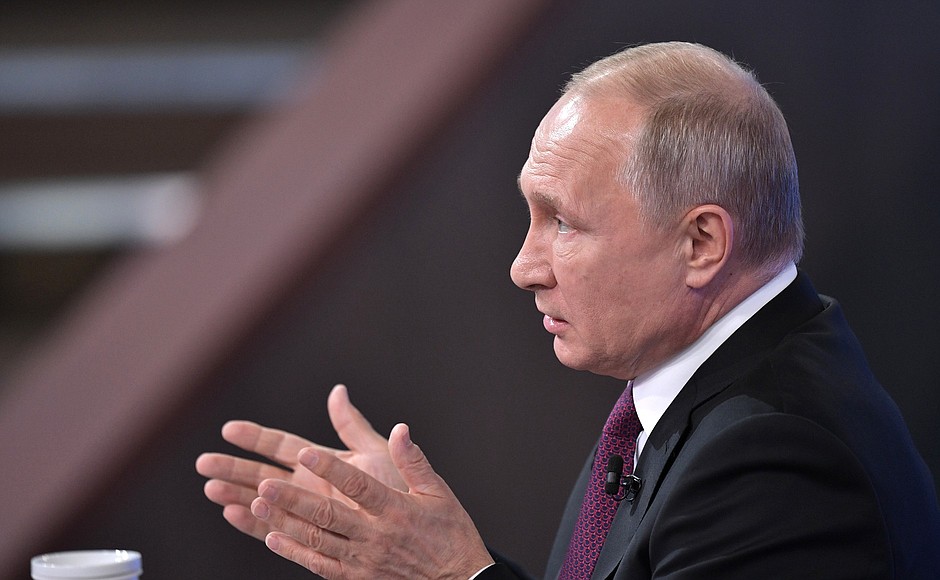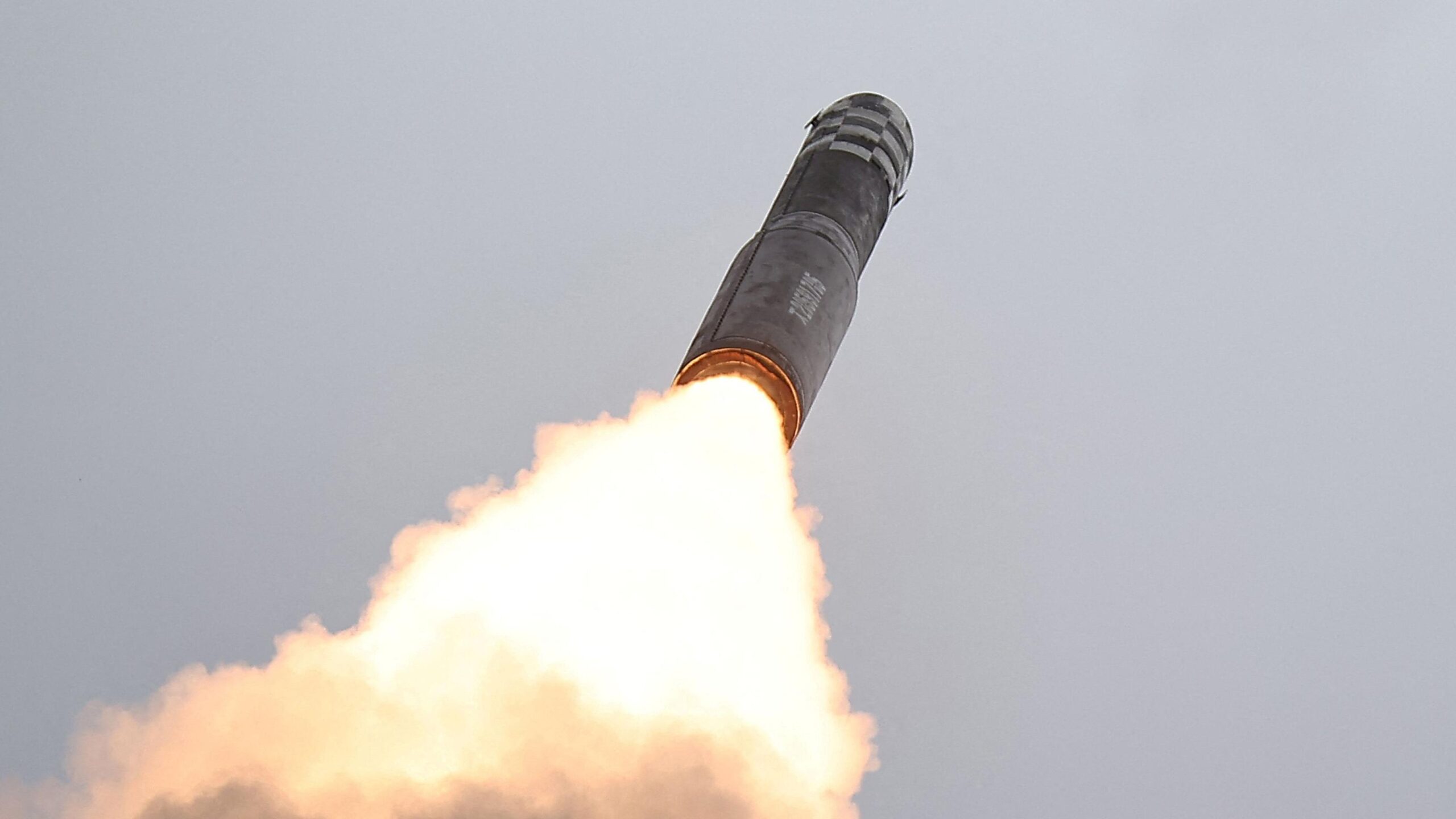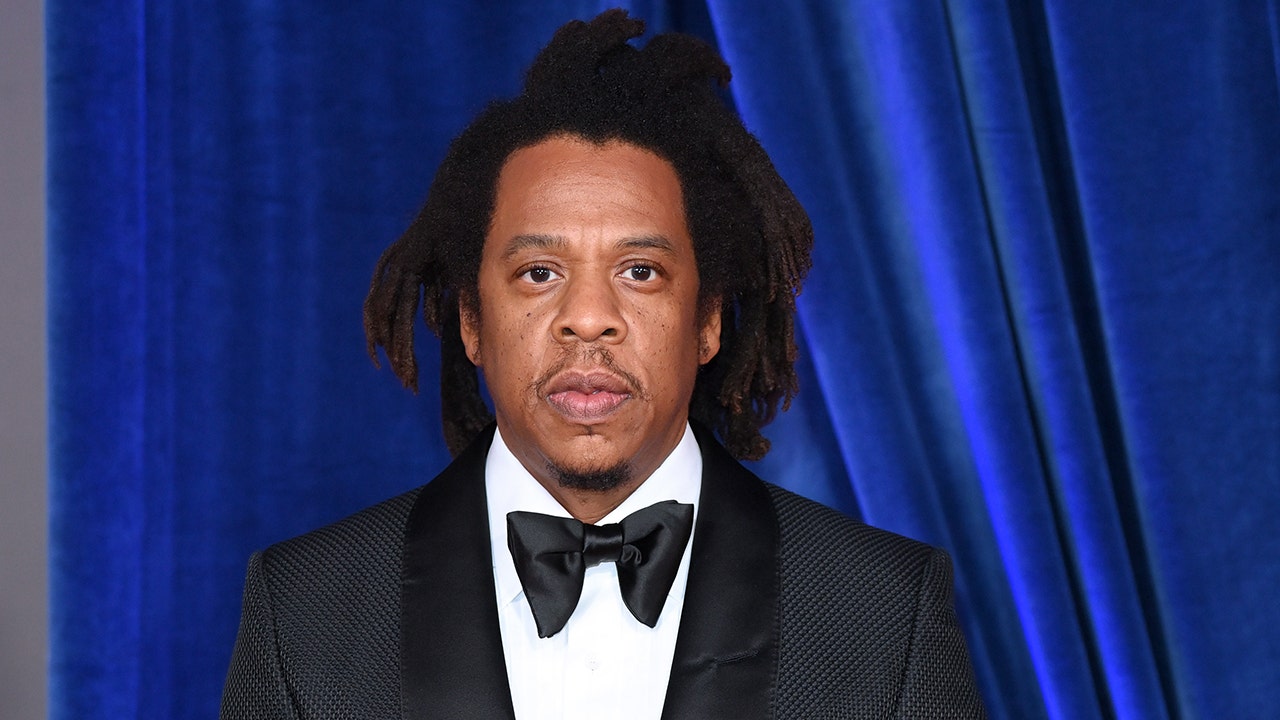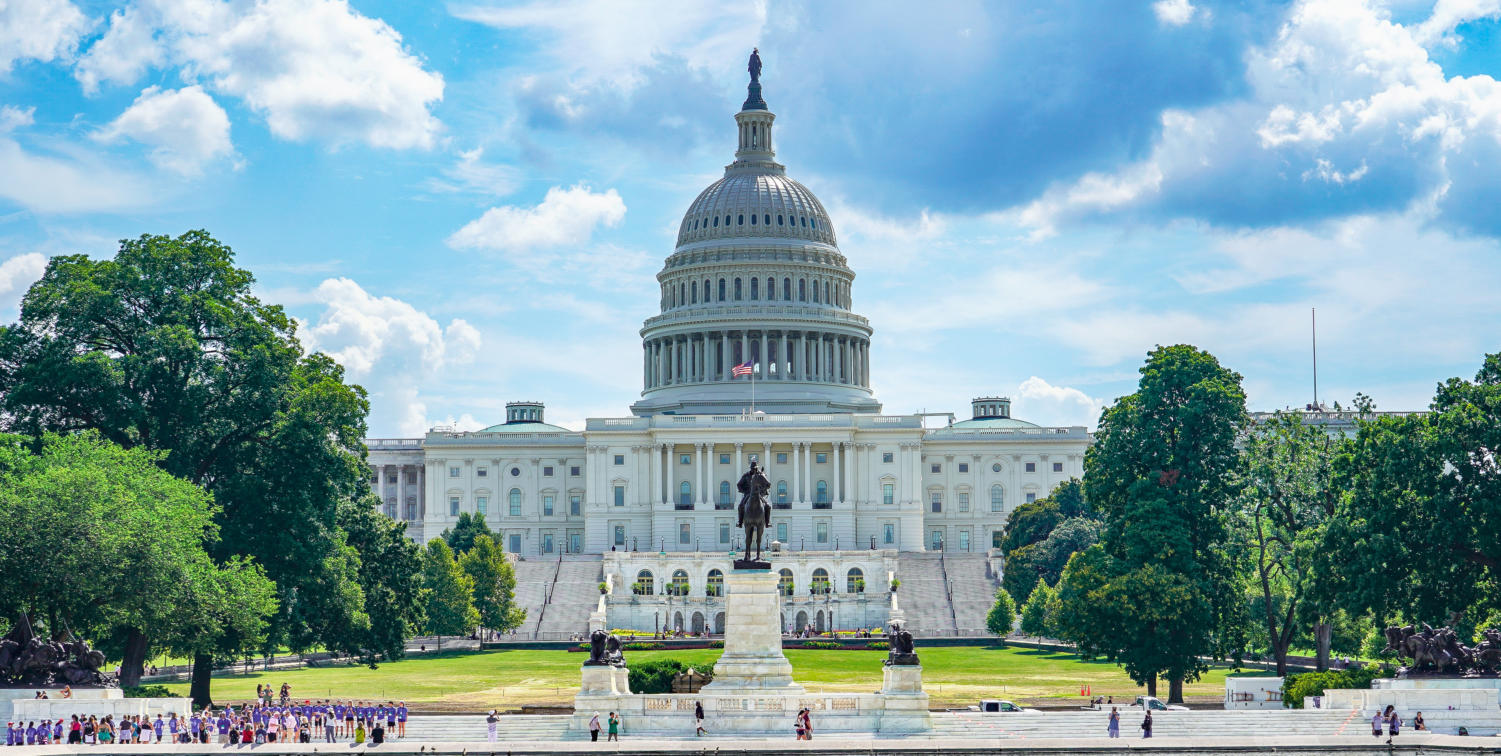Vice President Kamala Harris today underscored the critical role of U.S. leadership as world leaders confront global conflicts and threats to international peace and stability.
Speaking at this year’s Munich Security Conference in Germany, Harris noted Russia’s ongoing war in Ukraine and increased instability and conflict in the Middle East.
She also highlighted competition with China, the emergence of transformative technology, and the threat that the climate crisis will compound the risk to international order.
“In these unsettled times, it is clear America cannot retreat,” Harris said. “America must stand strong for democracy. We must stand in defense of international rules and norms. And we must stand with our allies.”
Harris said her address came amid questions about the future of America’s role as a global leader.
“These are questions that the American people must also ask ourselves: whether it is in America’s interest to fight for democracy or to accept the rise of dictators and whether it is in America’s interest to continue to work lockstep with our allies and partners or go it alone,” she said.
The United States’ response to those questions reverberates far beyond its shores, affecting not only the American people, but people throughout the world, the vice president said.
“As President [Joe] Biden and I have made clear over the past three years, we are committed to [pursuing] global engagement, to [upholding] international rules and norms, to [defending] democratic values at home and abroad, and to [working] with our allies and partners in pursuit of shared goals,” Harris said.
That commitment to global engagement has translated to significant investments in building alliances and partnerships in the Indo-Pacific — a key component of the United States’ strategy to manage competition with China.
In the Middle East, the U.S. has led international efforts to realize an end to the conflict in Israel and humanitarian crisis in Gaza following the Oct. 7 attack by Hamas terrorists.
The U.S. has also led efforts to counter regional aggression from Iran and its proxies and created an international maritime task force to counter attacks by Houthi rebels on global shipping in the Red Sea.
U.S. leadership has also been critical in Ukraine’s defense against Russia’s ongoing invasion, which will soon enter its third year.
Earlier this week, Secretary of Defense Lloyd J. Austin III affirmed the United States’ unwavering resolve as he kicked off the 19th meeting of the Ukraine Defense Contact Group – a U.S.-led coalition of nearly 50 countries united to support Ukraine’s short- and long-term battlefield needs.
“When [Russian President Vladimir] Putin launched his unjust and unprovoked war of choice, he was betting that Ukraine would fold,” Austin said as he led the virtual meeting of the UDCG from Washington. “But he couldn’t have been more wrong.”
The secretary praised the courage and skill with which Ukraine has fought back against Russia’s full-scale invasion and the determination of international partners who have rallied in support of Ukraine’s defenders.
“The countries of this contact group, almost two years later, are still united in common purpose,” Austin said. “The Kremlin keeps on betting that we will all lose interest in Ukraine and that our support will flicker and fade, but I am more determined than ever.
“This contact group remains resolute, undaunted and firm,” he said.
In her address in Munich, Harris also affirmed the United States’ ironclad commitment to NATO under the Biden administration, an alliance she said is now “larger, more effective and more unified than ever before.”
Harris said the U.S. must continue to build on its progress and stand side by side with allies against tyranny and in defense of democracy.
“That is what represents the ideals of America,” Harris said. “And the American people know that is what makes us strong. The American people will meet this moment, and America will continue to lead.”





















Discussion about this post